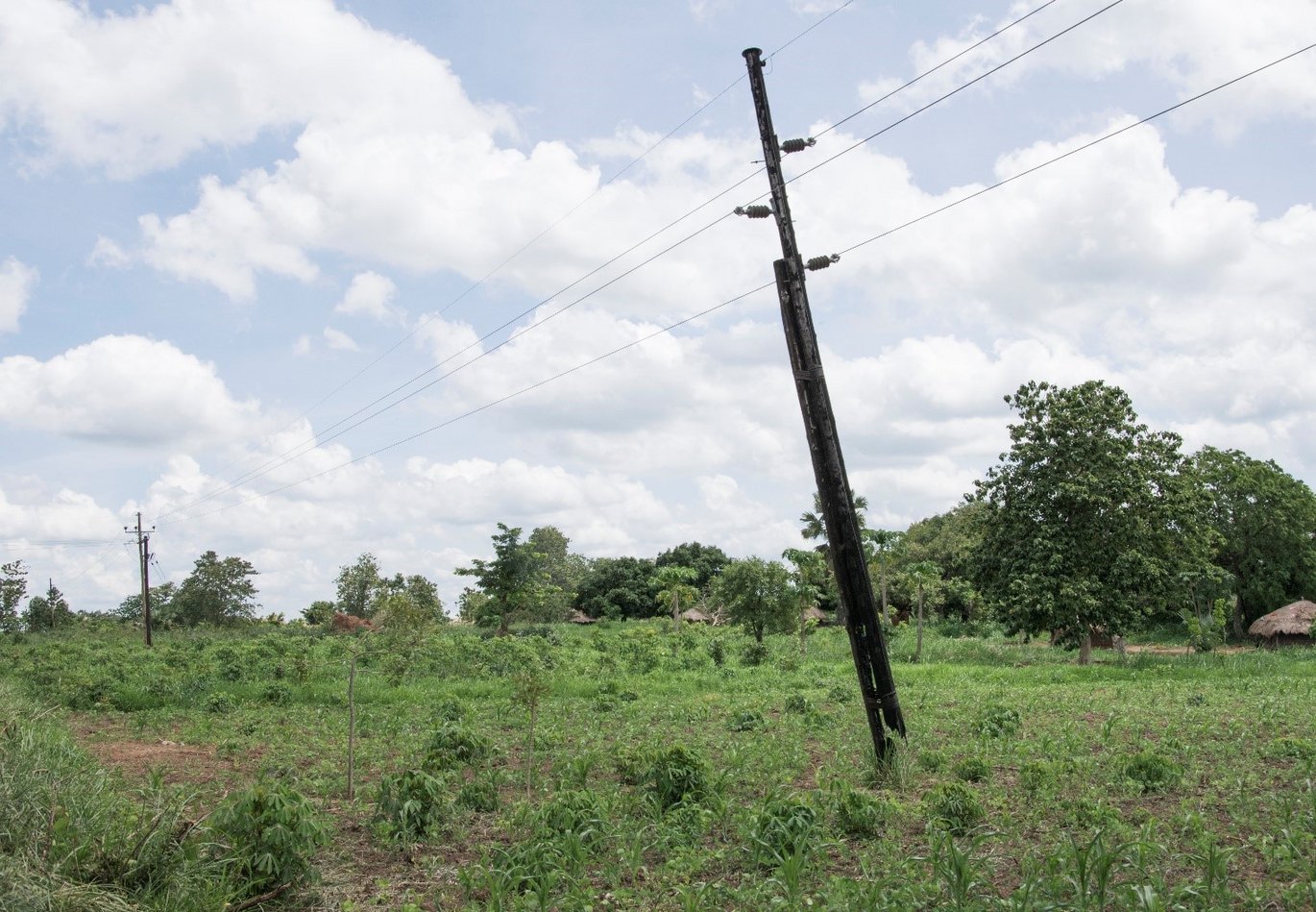“This power of ours is not reliable”
Quote and photo from the field. By ESR Kirsten Nielsen.

All ESR's are on fieldwork in various parts of Africa in 2019. As part of the dissemination they will be sending a photo and a quote from the field while they are away.
-------------------------------------------------------
This photo and quote from the field comes from ESR Kirsten Nielsen who is doing her fieldwork in Uganda on rural energy challenges. Read more about her research here
Unstable electricity supply is a situation that people in Lalogi, northern Uganda, where I carry out fieldwork, have become accustomed to and to a certain extent have learned to manage since the trading centre was electrified through the national grid in 2016. In Lalogi, it is not uncommon for power to be off for hours, days or even weeks. Most people I have spoken to during the course of my research agree that grid electricity is generally more off than it is on. A young man who manages a bar where he uses electricity for income generating purposes told me the words that I have quoted here. Like other residents, he has realised that you cannot rely on the electricity supplied through the national grid. Opting for alternatives and adapting daily practices to power cuts are measures he and others have taken to sustain an everyday life that nonetheless increasingly demands and depends on electricity.
The 67km transmission line that bisects Lalogi trading centre forms part of the Government of Uganda’s efforts to extend the national grid to rural areas and increase connections among this socio-geographical group with the hope that it will improve livelihoods and productivity. Recently, further measures have been taken to speed up this process. In February 2018, the government introduced a free-connection policy to make grid access available to people with limited resources. At the same time, the Ugandan electricity sector fails to sustain consistent supply of electricity to its new customers. According to people who work in the sector, this shortcoming is due to infrastructural weaknesses, in northern Uganda more specifically to the wooden poles in the network (see photo) that deteriorate prematurely, causing outages on the line until replaced.
My research investigates how people in rural areas in northern Uganda live with, against and despite unreliable electricity supply. With little hope that power will stabilise any time soon, people have learned to manage the situation locally. Sometimes this involves mixing and matching a variety of electricity sources available to people such as Solar Home Systems, diesel generators and disposable alkaline batteries to meet electricity needs whether in homes, institutions or for business purposes. At other times it involves changing daily practices and resorting to methods and equipment that do not need electricity. The bar manager has since opening his bar acquired both solar panels and a small generator in addition to the utility. When grid power is off, he uses solar power for lighting. Heavier appliances like refrigerators need generator power to function, but this implies other expenses – namely, diesel to run it. He will therefore only rely on it on occasions when he is sure he will make money of its use, such as when a football match is aired on TV or when there are many customers in the bar. In my research, I observe and talk to people about such forms of small-scale energy management but also about new insecurities that unreliable electricity supply brings to people’s lives and the limitations of the national grid in achieving socio-economic development in rural areas.